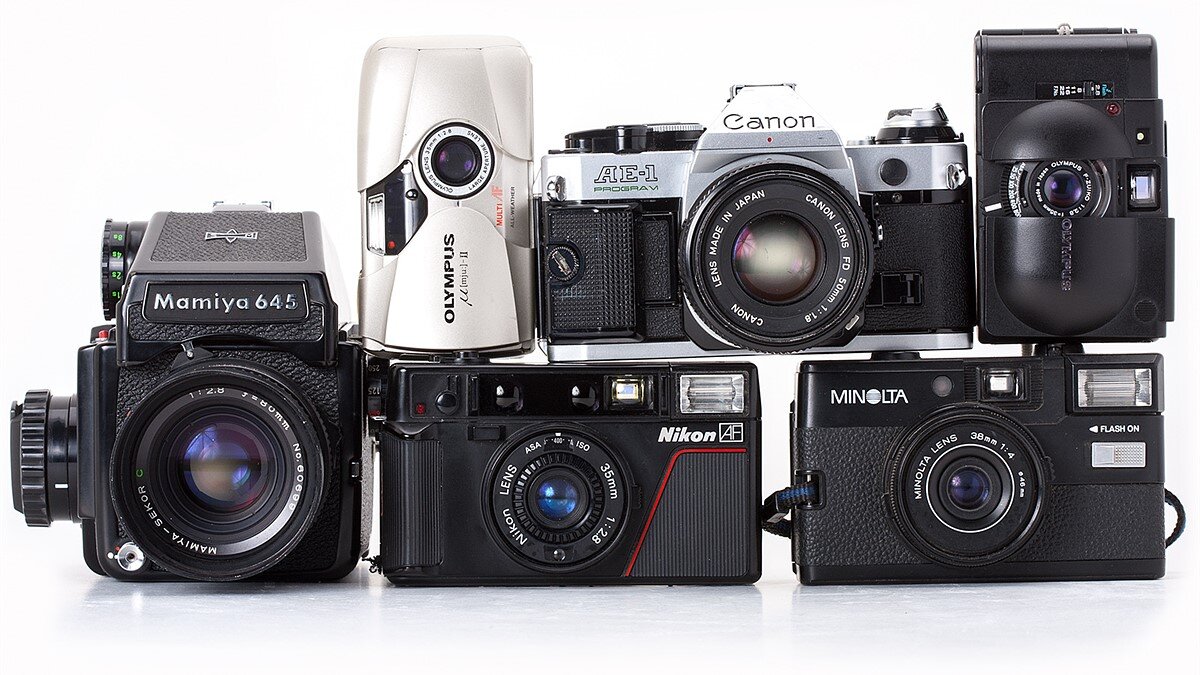Tips for Buying your First Camera
Whether photography has become a hobby or you’re hoping to find a career in the world of photography, you will need a camera. Basic point and shoots are great and all, but I highly suggest investing in a DSLR (see my photography basics post to learn more). If you’re not serious about photography, either as a hobby or future career, then a basic point and shoot or even your phone will work just fine.
So, what are we looking for?
First, you’ll want to decide what feature is the most important to you. I won't lie, this is going to be a rather large investment. Great photos don’t come cheap. Here are three things to consider before purchasing:
Lenses
DSLR’s come equipped with the ability to change out lenses. There are many different types of lenses out there and all of them do different things. If you’re looking for something basic, DSLRs usually come with an 18mm-55mm lens which will do practically anything you need it to do. However, there are fisheye lenses. Typically, they’re called “wide-angle” lenses, but the nickname was given due to the rounded shape of the lens and the “fishbowl” effect it brings to photos. Other lenses, which are on the pricier side, can capture photos from a far distance. These lenses are typically used for wild-life photography or astrophotography as they can get closer to options that are farther away. These are your ~100mm to ~600mm lenses, which vary in distance reach. These lenses can get very large, so be prepared to have a steady arm while holding them.
Features and Controls
Some DSLRs have advanced features such as Bluetooth. However, the majority of these advanced features are centered on manual controls. Typically, manual settings are the photographer's go-to. Being in control of how the photo looks is way better than something automated. This is where you decide if this is important to you. Are you more comfortable with manually setting your DSLR or are you okay with the camera taking control?
Camera Design
This is often not considered, but I find it just as important as the other details. Some cameras have smooth metallic details while others can be made entirely out of plastic. If you drop it, will the whole thing break or only end up with a few scuffs? While this is important and all, the shape of the camera can be important as well. Are you able to naturally hold the camera in your hand, or does it just feel funny? Also, some cameras are weather-proof, to an extent. Will you be around water or rainy areas?
These are all things to consider. It depends on what you’re looking for and what kind of artistic work you want to do. Once you decide this, it will be much easier to pick out the best beginner camera for you. I recommend starting cheap, in case you decide photography isn’t for you (which I hope it is!) or in case you break it. You are also still learning, and some advanced features may be a bit confusing. It won’t be a huge loss of investment this way, but if you know deep in your soul this is exactly what you want to do as your hobby or career then absolutely treat yourself to the best!


